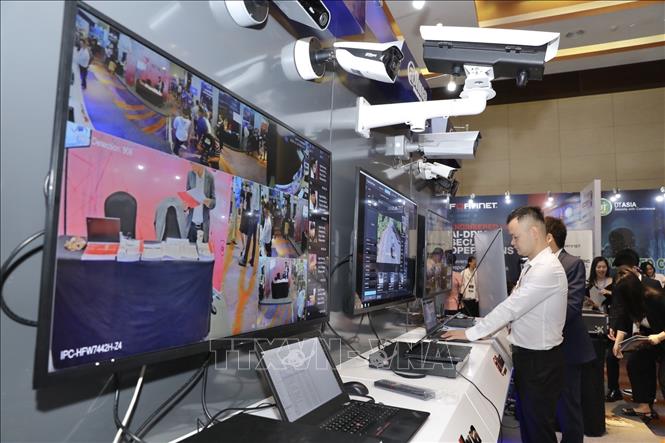
Not only meaningful to the international community, the signing of the Hanoi Convention will be a solid "support" in many aspects for the people of the Capital.
According to the World Bank (WB), by 2023, up to 67.4% of the world's population will use the Internet and more than two-thirds of the global population will be vulnerable to cybercrime. The Hanoi Convention creates the first global legal framework for cyberspace, affirming the need for the participation of all countries in preventing and combating cybercrime, contributing to narrowing the differences between countries' laws, establishing a 24/7 specialized cooperation mechanism, thereby promoting more effective cross-border crime prevention cooperation, and facilitating countries' digital transformation efforts.
Cybercriminals exploit digital systems with malware, ransomware and cyberattacks to steal money, data and other valuable information. In this context, the new Convention will help to respond faster, better coordinated and more effectively, thereby ensuring safety in both the digital and physical worlds.
In particular, cyber criminals are increasingly sophisticated and aggressive in their continuous attacks, affecting the spiritual life as well as causing great material damage to the Vietnamese people in general and the people of the capital in particular. In that context, the signing of the Hanoi Convention will be a legal basis for people to believe in a future in which cybercrime will be eliminated.
Ms. Tran Thi Ngoc (born in 1987), currently in charge of the legal field of a business, shared that in the era of strong technological development like today, cyberspace has become an indispensable part of our lives. But along with opportunities are countless potential risks: from online fraud, personal data intrusion, to increasingly sophisticated cross-border crimes. Therefore, the signing of the Hanoi Convention on Cybercrime in Vietnam is an important step forward, demonstrating the trust and recognition of the international community for Vietnam's proactive and active role in promoting the building of a safe, transparent and responsible cyberspace. Vietnam is not only a beneficiary country but also contributes its intelligence, voice and initiatives to the international process on cyber security.
Sharing the same opinion with Ms. Ngoc, Mr. Duong Viet Hung (42 years old), a bank officer in Hanoi, said: As a citizen of the Capital, I am extremely proud that Hanoi was chosen as the location to hold the signing ceremony of the United Nations Convention on Cybercrime Prevention and Combat in Hanoi. This event not only makes the citizens of the Capital more proud of the role and prestige of Vietnam in general and Hanoi in particular in the new era - the digital era, but it also creates a strong belief of the people of the Capital in the efforts of authorities at all levels in protecting people from increasingly sophisticated attacks by domestic and international cybercriminals.
“I work in the banking sector, regularly coming into contact with and witnessing the consequences caused by cybercrime - especially material damage. The banking and finance sector is always the top target of cybercrime. The Hanoi Convention plays a very important role in building trust and strengthening the spirit of bank officials in preventing and combating cybercrime,” said Mr. Hung.
As a father of three school-age children, Mr. Hung realizes that using the internet is indispensable for studying and learning about the world, but at the same time, the risks of being threatened and abused online are very high.
A study published in the journal JAMA found that frequent social media use in children aged 9 to 13 was associated with lower scores on tests of reading comprehension, memory and vocabulary.
Unlike passively watching TV or videos , social media requires children to constantly interact, respond to notifications and make decisions, causing the brain regions that process information and control behavior to be constantly active. This prolonged stimulation can impair the ability to concentrate and process language. On the other hand, an uncontrolled online environment can easily cause children to behave inappropriately and be taken advantage of by bad people.
Ms. Nguyen Thi Huong Dieu (35 years old), residing in Xuan Dinh ward (Hanoi) shared: Recently, many online kidnapping scams have been discovered and prevented by the authorities, making me worried about the safety of my children. The signing of the Hanoi Convention will be a support for me to rest assured that my children will be protected in the online environment. My family and I can manage and protect our children at home, but in the online environment, we are not sure we can control the potential risks.
Ms. Ninh Thi Hanh (born in 1987), residing in Da Ton commune, Hanoi city, shared the same opinion when she said that the Hanoi Convention ensures the right to safety, protection of privacy, not being abused or exploited of children, while also ensuring the right to develop, learn and express themselves safely in the digital environment. "With the amendments and supplements to the country's laws as a member of the convention, I am confident that parents and children will raise awareness about network safety, using the network and computers in the digital age," said Ms. Hanh.
In addition, the Hanoi Convention also has profound political and legal significance, demonstrating the spirit of solidarity and cooperation within ASEAN. In a world where cybercrime can originate from anywhere, no country can deal with it alone. Regional and international cooperation is the key to protecting the common interest, and the Hanoi Convention is a clear demonstration of that spirit – for a safe, stable and trustworthy ASEAN in the digital age.
Source: https://baotintuc.vn/xa-hoi/nguoi-dan-ky-vong-xay-dung-mot-khong-giant-mang-an-toan-20251023184825848.htm


![[Photo] Prime Minister Pham Minh Chinh meets with South African President Matamela Cyril Ramaphosa](https://vphoto.vietnam.vn/thumb/1200x675/vietnam/resource/IMAGE/2025/10/23/1761226081024_dsc-9845-jpg.webp)

![[Photo] Prime Minister Pham Minh Chinh chairs meeting on railway projects](https://vphoto.vietnam.vn/thumb/1200x675/vietnam/resource/IMAGE/2025/10/23/1761206277171_dsc-9703-jpg.webp)


![[Photo] President Luong Cuong holds talks with South African President Matamela Cyril Ramaphosa](https://vphoto.vietnam.vn/thumb/1200x675/vietnam/resource/IMAGE/2025/10/23/1761221878741_ndo_br_1-8416-jpg.webp)
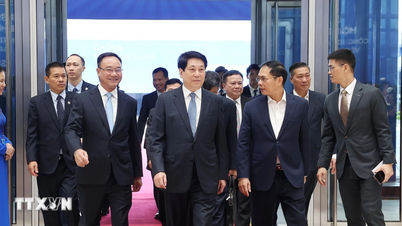

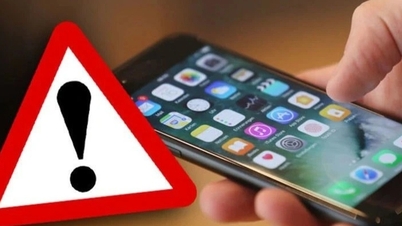

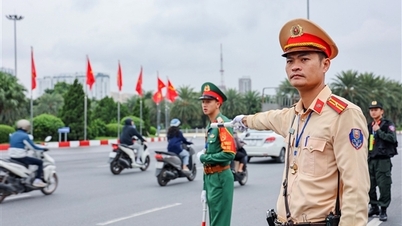

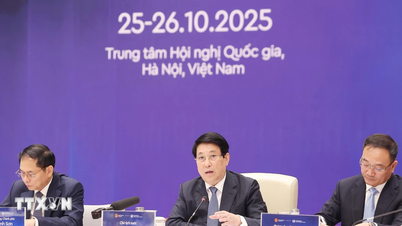

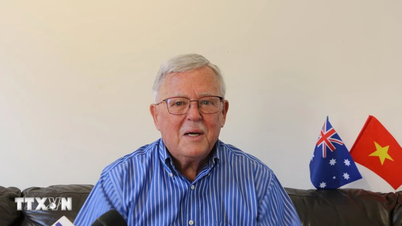
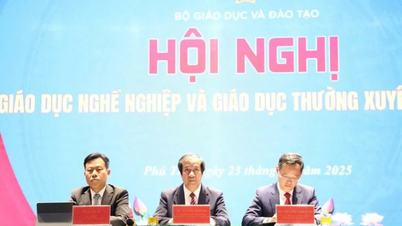

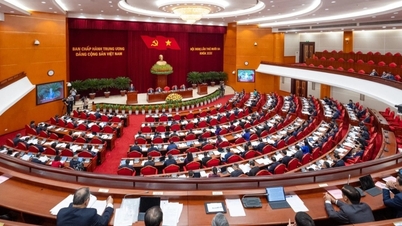

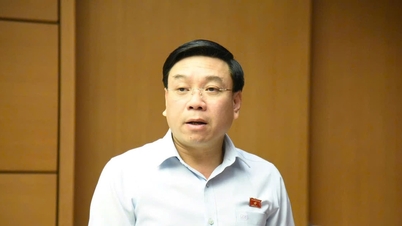


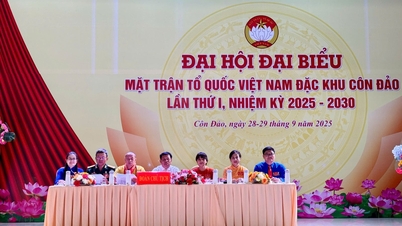




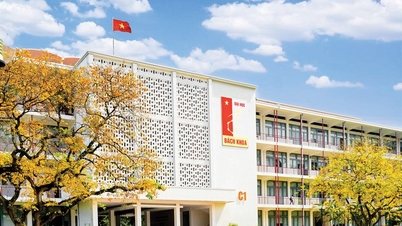


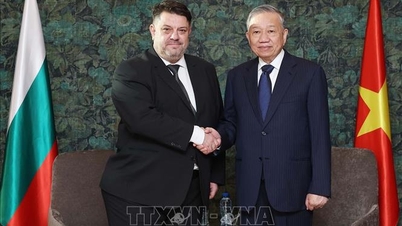
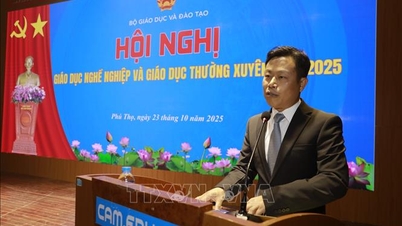
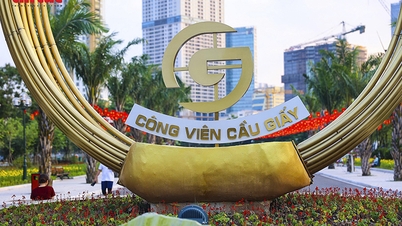




































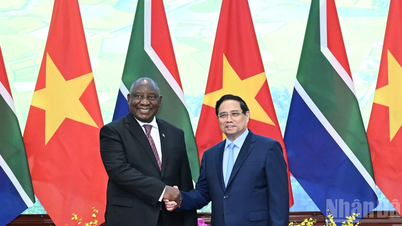





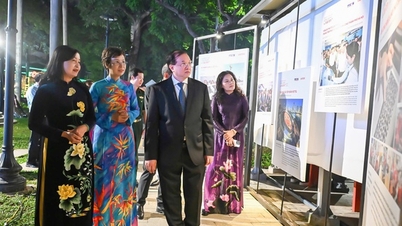



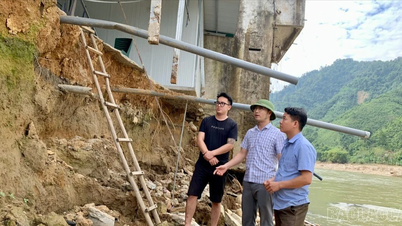





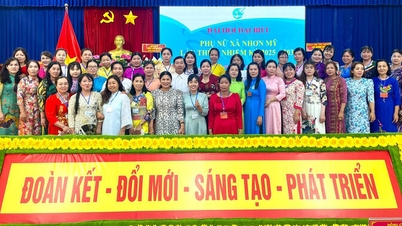


















Comment (0)